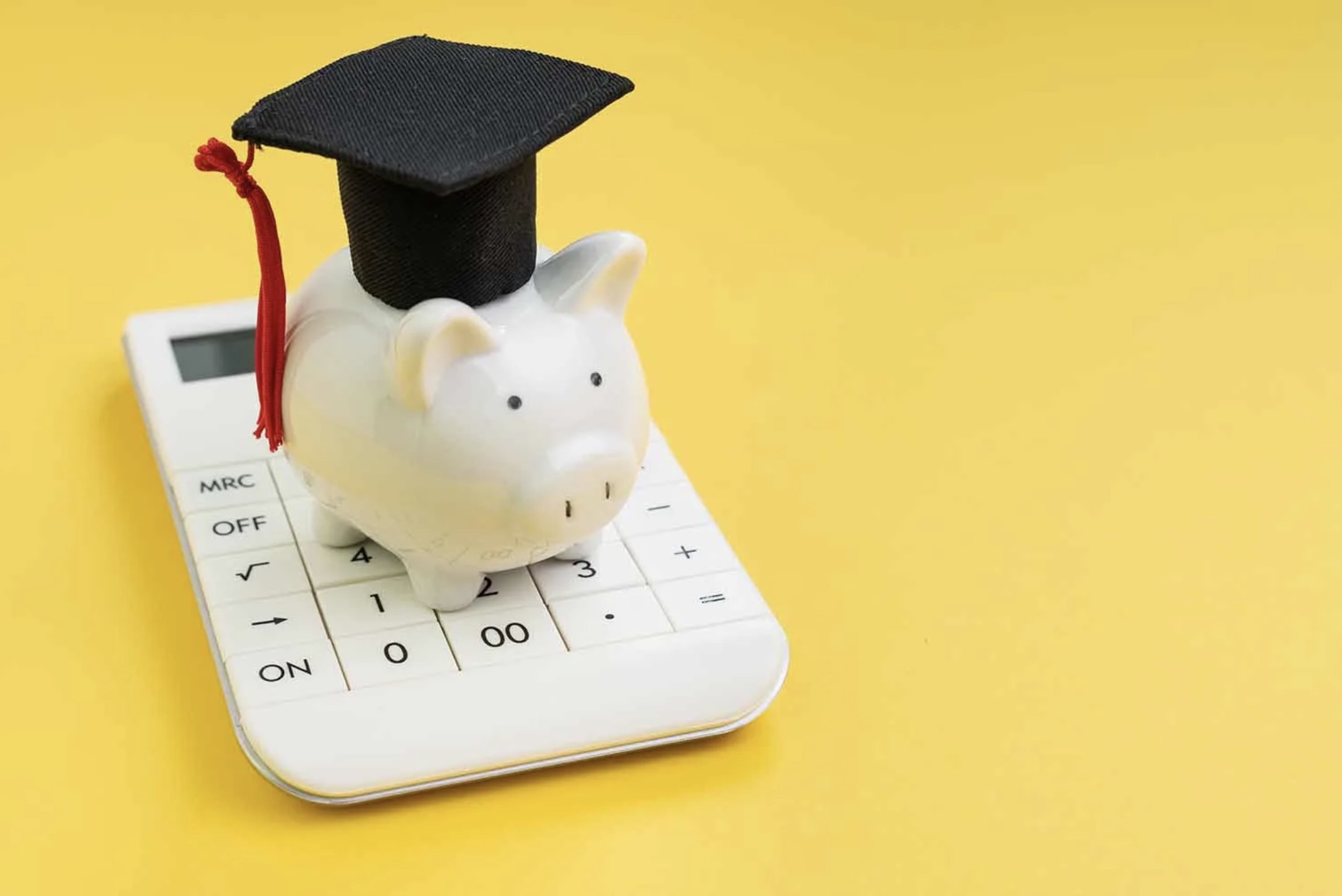HOW TO AFFORD A PRIVATE HIGH SCHOOL EDUCATION FOR YOUR CHILD

Find out how your family can afford private high school with tax-advantaged savings accounts, scholarships, grants, loans, and other financial resources.
Private school tuition is a major expense for most families. If you are looking at different education options for your child, you may be worried about whether you will be able to afford the school you believe is best for your child.
Fortunately, there are plenty of financial options available to help families like yours, from tax-advantaged savings strategies to loans and scholarships. Here’s what you need to know about how you can afford to send your children to private high school.
THE COST OF PRIVATE HIGH SCHOOL

TUITION
According to the Education Data Initiative, annual tuition at an average private high school in the United States was over $16,000 throughout the United States. Tuition costs are often higher in areas with a high cost of living, especially major cities near the east or west coast.
However, tuition is just the sticker price — the actual cost of private high school education is often less for individual families. You may be surprised at the kind of education your family can afford with financial aid and other resources!
FINANCIAL AID FOR PRIVATE HIGH SCHOOL
There are many sources of financial aid that can lower the real cost of private education for a family. The Education Data Institute estimates that 28% of private school students in the U.S. receive some form of financial aid.
Many families who cannot fund private education on their own get financial aid from the school. Some families also receive scholarships from private initiatives and other sources.
HOW PARENTS PAY FOR PRIVATE HIGH SCHOOL

EDUCATION SAVINGS ACCOUNTS
The U.S. government has several programs designed to help parents save for their children’s education, including private K-12 education if desired. Some families have more than one type of educational savings account for the same child.
One of the most popular programs is the 529 Plan program, which allows families to save for tuition in a tax-advantaged savings account. Families can invest for a child’s future in an account where they will not need to pay taxes on earnings or withdrawals.
529 plans are administered by each state and the District of Columbia. There are no restrictions on the contributors’ income level or the age of the recipient, although families can only withdraw $10,000 per year for K-12 education.
Another popular savings account option is the Coverdell Education Savings Account (ESA), which offers tax-free earnings growth and tax-free withdrawals. ESA money can be spent on educational expenses beyond tuition.
However, the Coverdell ESA comes with income restrictions for contributors, age restrictions for the recipient, and a maximum contribution of $2,000 per beneficiary per year.
SCHOLARSHIPS AND MERIT AWARDS
Some private schools offer merit awards and other kinds of scholarships to students who demonstrate high potential and/or need.
Merit award committees usually look for excellence in academics, extracurriculars, community service, or other areas. Financial status is generally not considered for these kinds of awards. Other types of scholarship programs often consider financial need instead of or in addition to academic merit.
GRANTS, LOANS, AND OTHER FINANCIAL AID
Many schools and private organizations offer grants and loans to help families afford private education. Grant programs enable families to receive money for education with no obligation to pay it back, while loan programs require the family to eventually repay the money, often with interest.
TAX DEDUCTIONS FOR PRIVATE SCHOOL EDUCATION
Private K-12 education is not tax deductible on federal tax returns, but a few states offer state-level tax relief for families that pay private school tuition. Some families may be eligible for help depending on where the taxpaying family members live.
Washington State does not currently offer any tax benefits for families that pay for private K-12 tuition. However, families can still open tax-advantaged savings accounts to save for their children’s education, as discussed above.
PRIVATE HIGH SCHOOL PAYMENT PLANS
Many schools offer different payment options to help families with different financial situations. For example, families at Archbishop Murphy High School can choose to pay annually with a single payment, semi annually with two tuition payments, quarterly, or monthly – whatever works best for them.
We allow families to pay with either a credit card or an automatic deduction from their checking or savings account.
TUITION AND FINANCIAL AID AT AMHS

At Archbishop Murphy High School, each family’s tuition obligation is less than the actual cost of educating the student. Each student automatically receives a Catholic education subsidy, and families with more than one child enrolled full time at AMHS receive a $1,100 discount on each additional sibling’s annual tuition. Over ⅓ of our students receive additional tuition assistance.
We offer a limited number of financial awards to qualifying families in need. We do not have an absolute income threshold, although we are unlikely to be able to offer tuition assistance to families that make over $125,000 unless there are extenuating circumstances. There are also opportunities for financial aid through the Archdiocese of Seattle.
AMHS Families who need tuition assistance can apply annually via FACTS, a grant and aid assessment application tool for private schools. Applications for AMHS and Fulcrum awards for the following school year are usually due to FACTS near the end of December. Incoming students will receive notifications of tuition assistance awards at roughly the same time as their acceptance letters.
AMHS also offers several merit awards:
- The Honors at Entrance Award is based on test scores, middle school grades, and teacher evaluation forms. Students are automatically considered for this award if they complete the application process before the deadline.
- The Archbishop Murphy Scholar Award goes to three incoming freshmen recipients each year who are selected by a committee that includes the President, Principal, Admissions, and counselors.
- The Mock Trial Award goes to exemplary participants during the AMHS Middle School Mock Trial Tournament.
- The Middle School Speech Tournament Award goes to exemplary participants during the AMHS Middle School Speech Tournament.
All of our other tuition awards are need-based. We do not offer athletic scholarships.
If you are interested in sending your child to AMHS and would like to discuss financial options, our business office is happy to work with you. You can also check out our tuition assistance FAQ page. Please contact Roberta Ryan if you have any questions.
